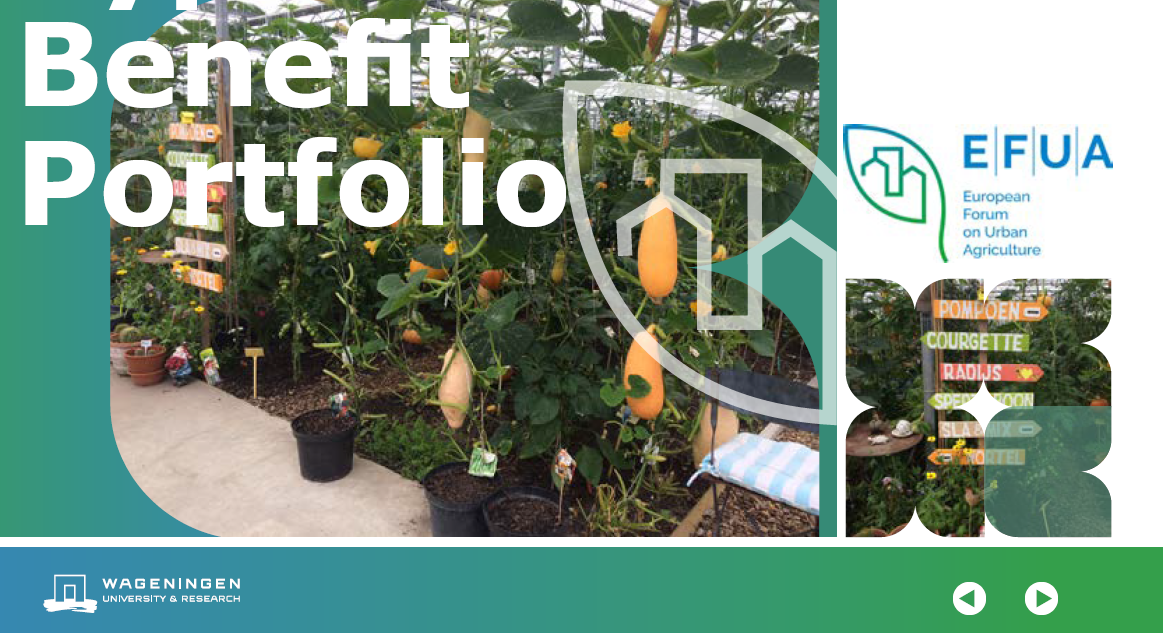
Urban Agriculture (UA) is a highly dynamic phenomenon, which is evolving constantly
through space and time. Whilst previous typologies emphasised the distinctions
between urban gardening and urban farming, the increasingly complex nature of
the discipline has meant that these typologies no longer reflect the full diversity of
Urban Agriculture.
A detailed understanding of Urban Agriculture is necessary in research and also for
the sustainable implementation and integration of Urban Agriculture within planning
and urban development. Urban Farms, Community Parks, DIY Gardens/Farms, Zero
Acreage Farms, Community Gardens and Social Farms all offer their own unique
advantages. To realise the value of these benefits within practice and policymaking,
it is critical to fully understand the spatial characteristics, production features,
operational parameters and social dimensions of Urban Agriculture.
The typology presented here reflects a multidimensional approach for describing
and classifying UA projects and is based upon a robust body of empirical data.
It can be considered as the foundation for the work of the European Forum on
Urban Agriculture (EFUA), which is a 4-year project funded under the European
Union’s Horizon 2020 Research and Innovation Programme. The project is running
from 2020-2024. The updated typology will be used to unlock Urban Agriculture’s
potential and support the mission of achieving better networking, better knowledge,
better deployment and better policies in the field.
Daniel Münderlein | Coordinator of EFUA
